Directed by Ho Wi Ding, ‘Cities of Last Things’ tells the story of one man through the three most eventful nights of his life. Following a non-chronological order, it starts with the death of a man and his story, going back to the fond memories of childhood, the time before he was plunged into the mess that is life. Each section plays out like its own self-contained story, and yet, we know that they are all part of the same puzzle. Individually, they work like a short film; each of them evoking different emotions regarding the protagonist. They work like three distinct musical pieces that are perfectly able to hold the audience under their spell, on their own. And when they all come together in harmony, they tell a completely different story. ‘Cities of Last Things’ works somewhat similarly. It has an intro, it has a coda, and everything in between has its own rhythm.
This film is not everyone’s cup of tea, but if you love character-driven movies then perhaps you could have the inclination to enjoy it. Love, loss, revenge, redemption, this story has various facets. Here, I have tried to explore all of their meanings. Before delving into that discussion, a fair warning. If you haven’t yet seen the film, catch it on Netflix.
SPOILER ALERT
Summary of the Plot
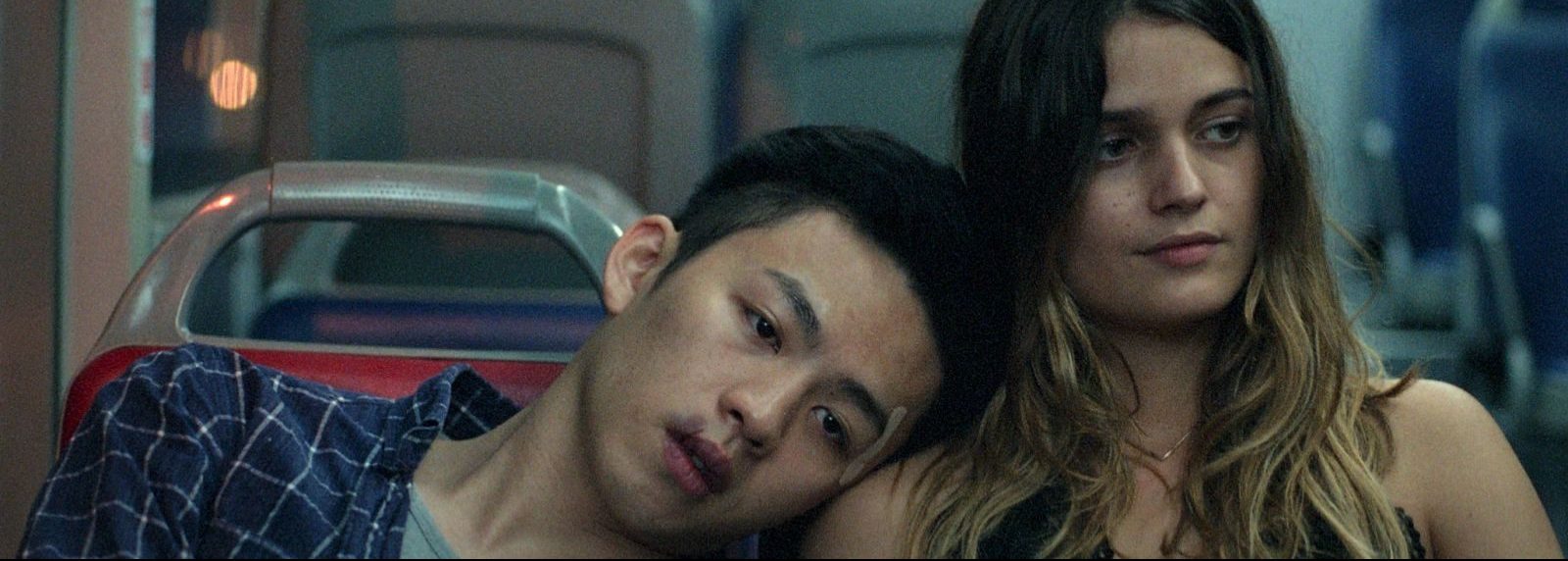
Zhang Dong Ling is an ordinary man. He is a police officer; he has a wife and a daughter. In his late 60s, he has seen the world change in front of his eyes, from police chasing a culprit to the law enforcement using chips embedded inside everyone’s skin to locate a murderer. But there are things in his past that he can neither forgive nor forget. He has held on to his morbid marriage almost as resolutely as he has held on to his desire for revenge. The film witnesses his actions in the present and then goes one step back to give us a perspective, to show us what made him the man he is now. The events in the film take place in reverse. While this provides a narrative structure to the story, it can also get a bit confusing, if you are the one to allow your attention to drift easily. To make things simpler here, we have approached the story from a linear narrative, beginning with the end of the film which is what becomes the first most impactful event in Dong Ling’s life, the one that steers his decisions.
Dong Ling and Big Sis Wang
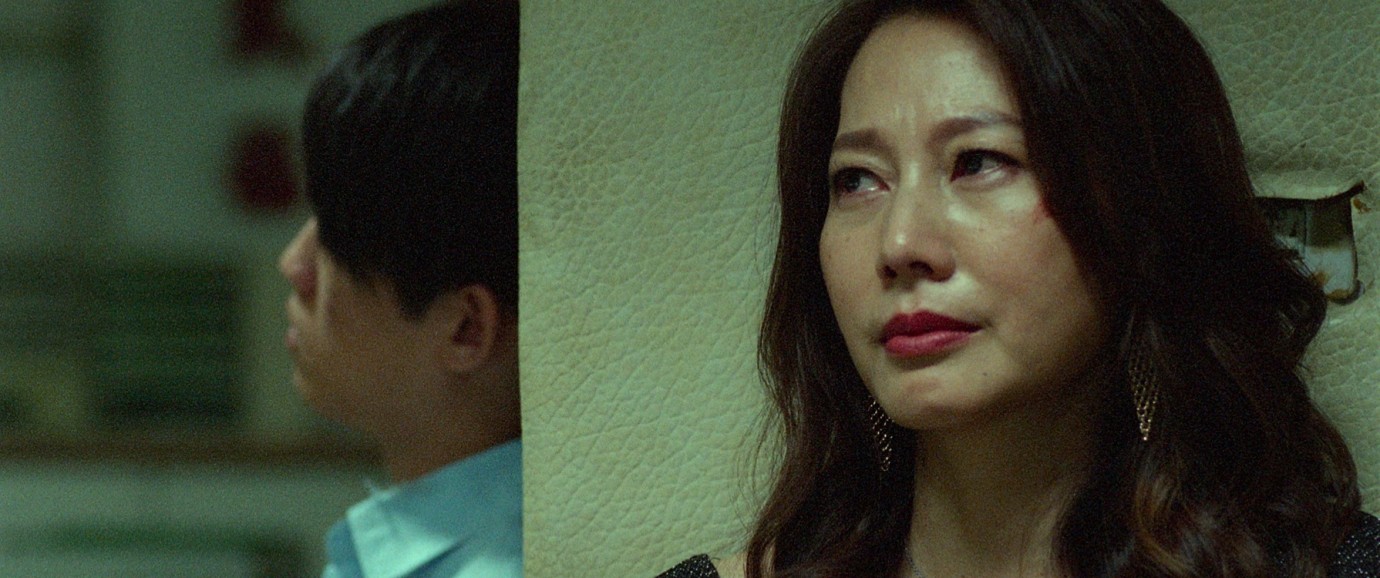
In all three sections, we are introduced to various relationship dynamics in Dong Ling’s life. The film centres on the pivotal connections that he forms with family and strangers. Interestingly, in every section, the connection explored is between him and a woman. No influential male figures seem to exist in his life. We know nothing about his father; he is brought up by his grandmother; he doesn’t seem to have a male best friend, and even his only child is a daughter. It isn’t hard to deduce that the director has provided a take on the three most important ways in which a man forms a bond with a woman.
The third section tells us the story of a teenage Zhang. It begins with a middle-aged woman, called Big Sis Wang, on her way to a wedding. She stops at her regular food point but soon realises that she has ended up in a trap. Five policemen surround her, and she makes a run for it. Meanwhile, Dong Ling tries to steal a bike but is caught by a cop. He too tries to run away and meets the woman mid-way, as they both try to save their own skin. Wang pushes him away, and just when she thinks she has almost made it, she is hit by a car. Both of them are taken to the station. Here, we come to know that Big Sis Wang is a gangster, and the police have been trying to catch her for a while. Even though she doesn’t spill any secrets in front of the cop, the news goes out and the suspicion of her being a snitch moves along with it. She gets a chance to sit alongside Dong Ling, and they both don’t receive each other very well. But after some time, their frozen demeanours thaw and Wang comes to realise that Dong Ling is, in fact, her son.
We don’t know what happened to his father. Either he died when Dong Ling was little, or he had never been in their life in the first place. Wang had been a doting mother, but to feed her family, she resorted to wrong ways. She left her child with her mother. Dong Ling grew up believing that his mother is dead. Turns out, his grandmother didn’t approve of her daughter’s occupation and decided to sever ties with her. But the old woman is in worse shape than ever now. Her illness rendered her unable to walk and she needed a wheelchair. They didn’t have the money to buy that, which is why Dong Ling had tried to steal the bike. The fact that he is sitting next to his very-much-alive mother, the fact that she had abandoned him to run a gang hits him hard and he re-establishes the wall between them. Before they are taken away in separate police vehicles, she begs him to not turn out like her. The cars drive parallel and for most of the way, they are in sight of each other. The cars stop on red lights and as their eyes meet, they look at each other affectionately. In the next moment, a bike pulls up next to Wang’s car and she is shot dead.
In all of his life, Dong Ling gets only one night with his mother. Of course, she was there when he was little, but he doesn’t remember those times. In his conscious memory, he had never met his mother, and then suddenly, she is sitting right next to him. Even in his anger, he at least has the assurance that he has finally found her. But that doesn’t last for long and she is gone as swiftly as she had come back in his life. What happens with his mother becomes a key factor in his choice of career. The last thing she asks of him is to not be like her. What is the opposite of being a criminal?
Dong Ling and Ara
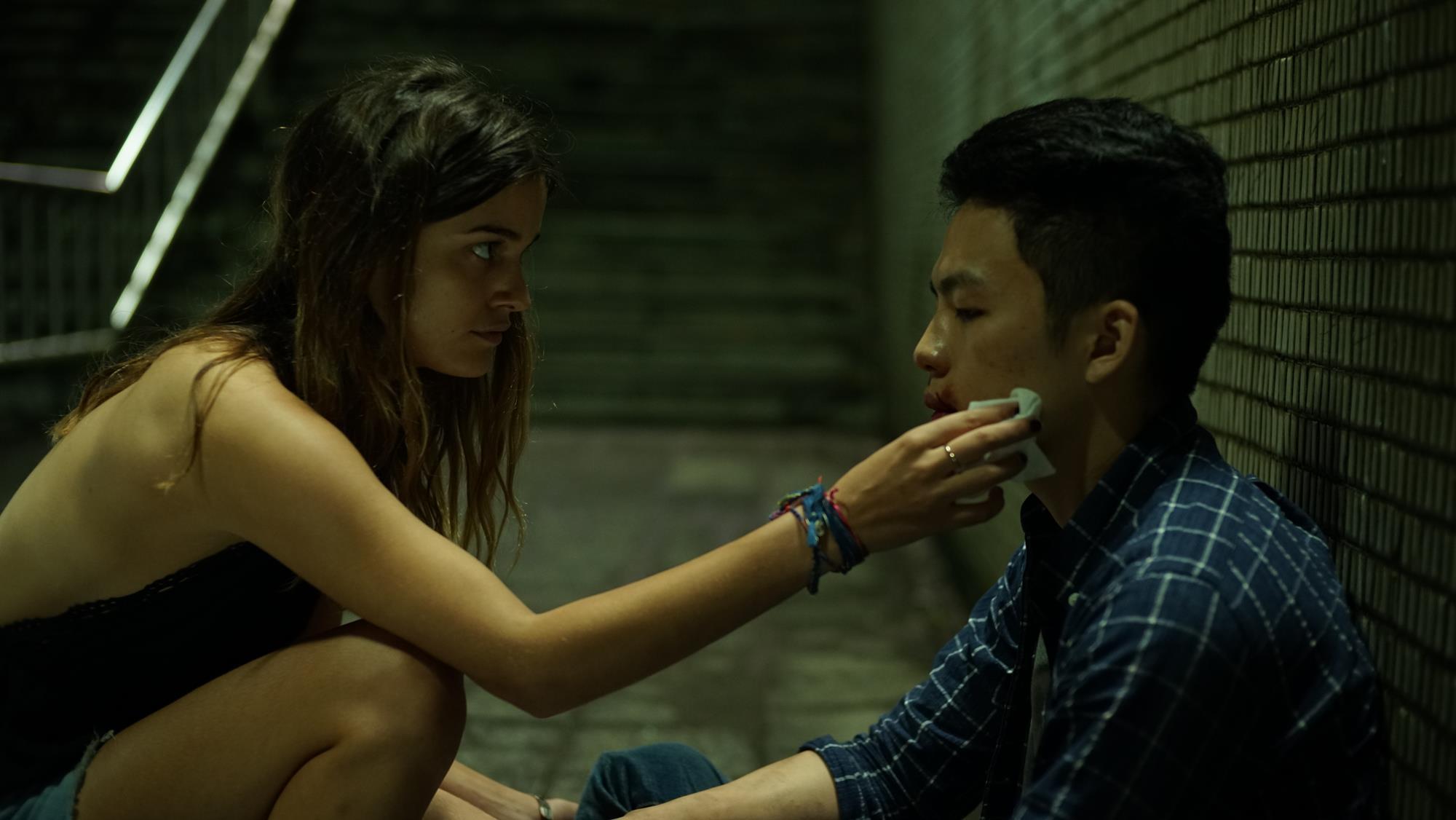
The second section of the film follows the life of a thirty-something Dong Ling. He is surrounded by corrupt officers; and despite many temptations, has managed to not be one of them. But his picture-perfect family life crumbles around him when he walks in on his wife and colleague having sex. Zhi Wei is one of the corrupt cops and is essentially a bad guy. Even when the affair comes to light, he doesn’t feel any guilt and even tries to scare Dong Ling into forgetting it ever happened and asks him to move on. Dong Ling doesn’t mention it to anyone. He picks up his daughter, and after tucking her into bed, he leaves for the station. In a fit of rage, he opens Zhi Wei’s locker and tosses out the bribe money for everyone to see. This gets Zhi Wei in trouble, but he turns around the situation. Not only does he find Dong Ling and beat the hell out of him, but he also conspires with his fellow corrupt ones to frame him for their crimes, due to which he is forced to spend six months in jail. But this isn’t the highlight of this section. The main part is him finding Ara.
She was running away from a store after shoplifting clothes when Dong Ling chased after her. She professes her kleptomania and finds a way to slip out of a punishment. Once again, he finds her stealing, but this time, he decides to buy things for her and lets her go. After he is beaten up by Zhi Wei, she finds him and patches him up. She takes him to a party where they smoke weed and have sex. In his moment of pain and vulnerability, he is able to find a connection with her. She is just as broken as him. We don’t get to see her full story, but we do realise that her kleptomania stems from the loss of her mother, a loss she hasn’t recuperated from, even when her father has found someone else for himself.
She develops sympathy for Dong Ling after he refrains himself from arresting her the second time. She doesn’t know what’s going on with him, but it doesn’t look like she cares. She has formed a bond with him and that is all that seems to matter for her. She doesn’t ask about the skeletons in his closet just as he doesn’t try to look into the eyes of the demons that haunt her. Both of them have very different pains aching their heart and soul. Even in their brokenness, they fit together seamlessly, and this night in Dong Ling’s life plays out like a romance movie. They decide to run away together, leaving behind all the mess. But as she waits in the cab for him, he is caught by his colleagues to pay for their crimes. This becomes another turning point in his life. What if he had never gone to the station in the first place? What if they had just run away together? He could have built a life with her. He could have escaped prison; he could have been in a better place. But all that is taken away from him.
She waits for him, but after some time, she begins to wonder if he had ever planned on coming back. We get one last shot of her face, as her watery eyes convey not just her disappointment, but also the expression that she is not really surprised. She has met such situations before- when someone promised her something, when she thought she could have it all. She has been let down before, and completely unaware of what has actually happened, she feels she has been failed again. She goes away and he goes to jail. This one night becomes the foundation of the resentment, anger, regret and loneliness that he harbours for the rest of his life. These emotions drive him to make the decisions that materialise in the form of the crimes that he commits thirty years later.
The Futuristic World
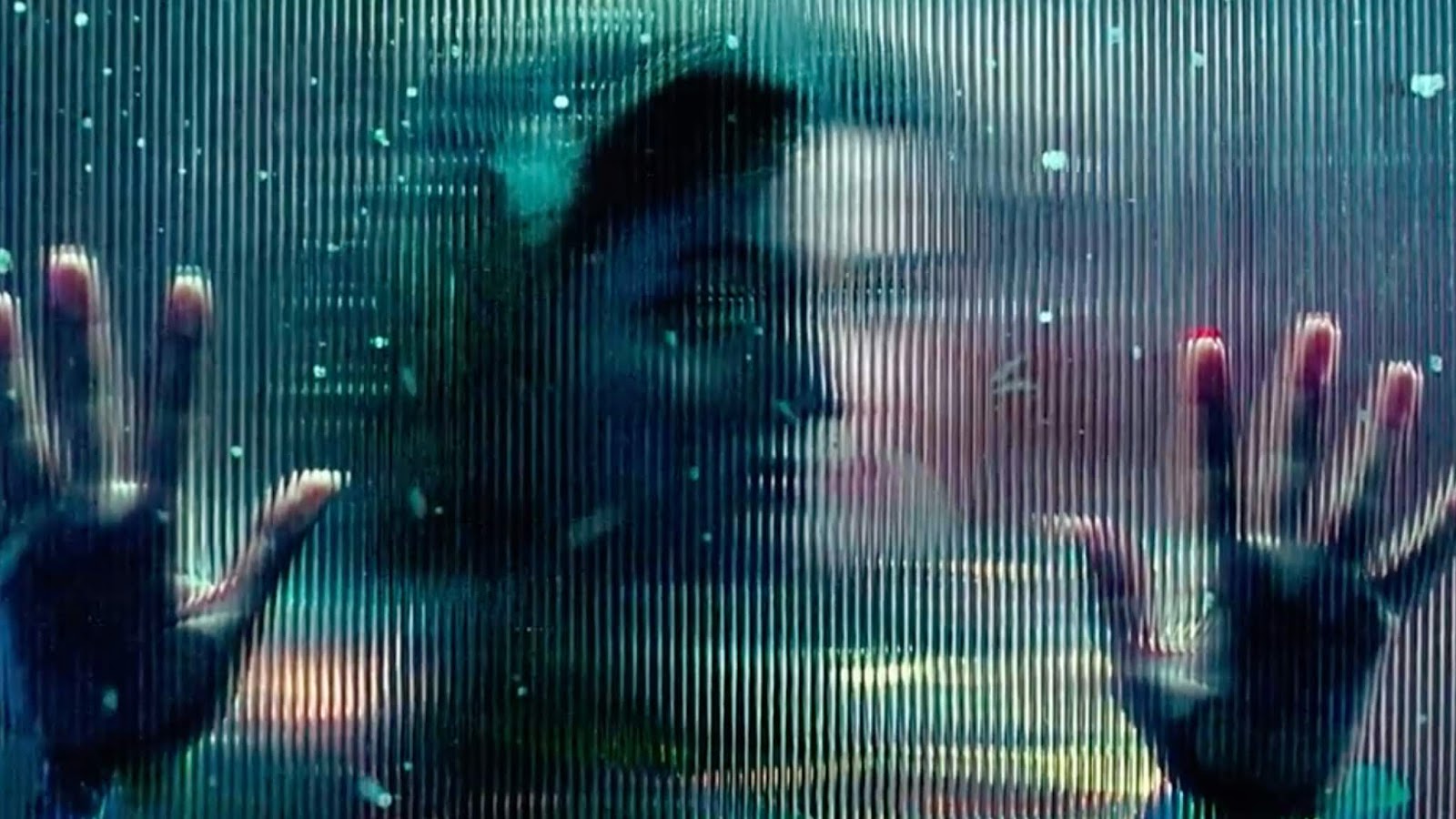
The future portrayed in ‘Cities of Last Things’ is only thirty years ahead, which is why the world doesn’t seem so unfamiliar, despite it being more technological than now. Perhaps what works on that account is the fact that no technology shown in the film has come out of fantastic sci-fi movies. All tech is realistic. Be it the self-driving buses or the ability of people to communicate with each other while speaking different languages, these are all very much possible in today’s world as well. Everyone has a chip embedded in them which acts like their ID. These chips not only allow their locations to be accessed, but also record things that their eyes witness. This technique becomes a major player in solving crimes and catching criminals.
If you are worrying over privacy invasion now, be assured that in the future, you won’t have a thing called privacy. The insatiable obsession of the current generation with beauty has also been addressed in the film. Apparently, a serum, which you can directly inject in your bloodstream, has been concocted, which allows you to retain your beauty for the period of three months. This means that humans have finally mastered something very close to eternal youth, if not immortality. Through the prostitutes that Dong Ling comes across, we also get a hint that cloning might be a thing in the future. Either that, or he just saw a set of triplets in the dressing room. Identity and age don’t really matter in this world anymore.
Another unsettling thing that we are told in the very beginning is the suicidal tendencies of that generation. It seems like there has been a high spike in the rate of suicides, which is why the government seems so focused on keeping people alive. In various videos and announcements, that seem more like the declaration of some sort of propaganda, we hear about how suicide is bad and that you can reach out for help. In this society, mental health must be at its worst, due to which we see so many people killing themselves. Especially old people, who are being abandoned by their families and have nowhere to go after their retirement. They are dying- cold and alone. And the situation is so bad that the government has to address it with a new plan of action specifically for them. Is this the world we are walking into?
The Ending
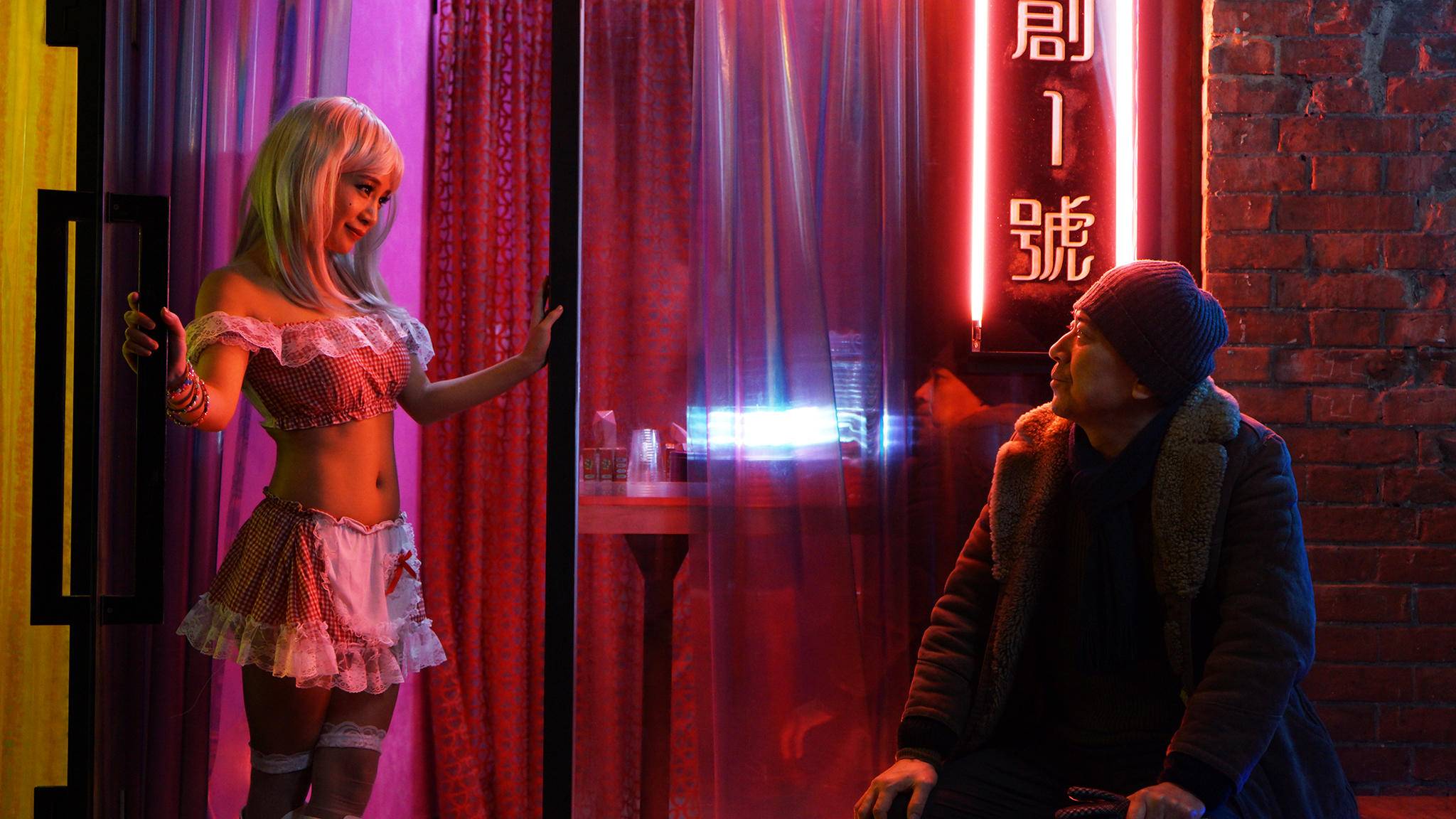
The first section of the film is the culmination of all the things that have shaped Dong Ling’s life. Even after becoming privy to his wife’s indiscretions, he hasn’t divorced her. While he tells his daughter that it is because he wanted her to have a normal life, a normal family, we can deduce that it is because he wants to punish his wife. He keeps her tethered to himself because the only thing she has now is the freedom to pursue another love. Had he let go of her, she would have been able to settle down with someone else. She could’ve built another life. He doesn’t allow her that liberty. He puts her through the emotional torture of a failed marriage, of reminding her that she is the one who ruined it all for them, for the rest of their lives. As soon as she comes close to anyone, he scares them away, often by beating them up. He doesn’t let her have another love because he won’t have his either. What he forgets is that by punishing her, he is also punishing himself. He has crushed his chances of ever finding love again, as much as he has done for her. But not all is bad in his life. At least, he has a good relationship with his daughter.
His wife is only one half of the affair that destroyed his life. The other half is Zhi Wei, who has managed to rise up the ladder and has ended up as a minister. Dong Ling wants his revenge but he remembers that he could never beat Zhi Wei, not when he was healthy and flourishing and could easily fire back on him. The perfect opportunity arises when Zhi Wei is bedridden in a hospital. This is his most vulnerable state and this is when he would need to end him. He comes in contact with killers who get him access to Zhi Wei’s room, by murdering a doctor and cutting out his hand. He wakes up the man to let him know whom death has sent to finish him off. He waited thirty years for it, but Dong Ling finally has his revenge. Knowing that through Zhi Wei’s chip’s recording, the cops will find him, he says goodbye to his daughter. On the way to home, he comes across his wife’s new boyfriend and kills him too. On reaching home, he finds out that she has the regeneration shot, and wonders what price she had to pay for it. In his final fit of anger, he strangles her, closing the loop on everyone who had destroyed his life.
Final Word

The continuous structure of ‘Cities of Last Things’ doesn’t allow us to deal with the aftermath of one section before moving on to the other. There is no title, no warning signs that lets you know that one part of the story has ended and you are on the next one. They flow like waves, merging fluidly into one another, making it seem like the events are taking place one after another. It even follows the same setting as the films that begin at dusk and come to a conclusion at the crack of dawn. This technique supports the narrative structure, despite the story running in reverse. This not only allows it to come to a proper conclusion (or should I say beginning) but also gives the emotional depth that only deepens with every scene. Moreover, it stays true to its nature by focusing entirely on the perspective of the lead character.
Some of the things, especially in the future, are left ambiguous. There are things that we don’t fully get to understand because the information is too fleeting or too minuscule to comprehend. This approach allows the film to not divert itself into being a sci-fi film or a romantic tale. It turns all of our focus on what the protagonist is experiencing. Once we align ourselves according to him, we become at ease with his surroundings, taking the new world in our stride as effortlessly as he does. There is something primal about the hatred that Dong Ling has rooted in his heart, but we also come across the tenderness with which he feels love. The pain of losing all the women in his life is conveyed with as much efficacy as the backward flow of the river of time in the film.
Read More in Explainers: Stranger Things Season 3| Dark Season 2

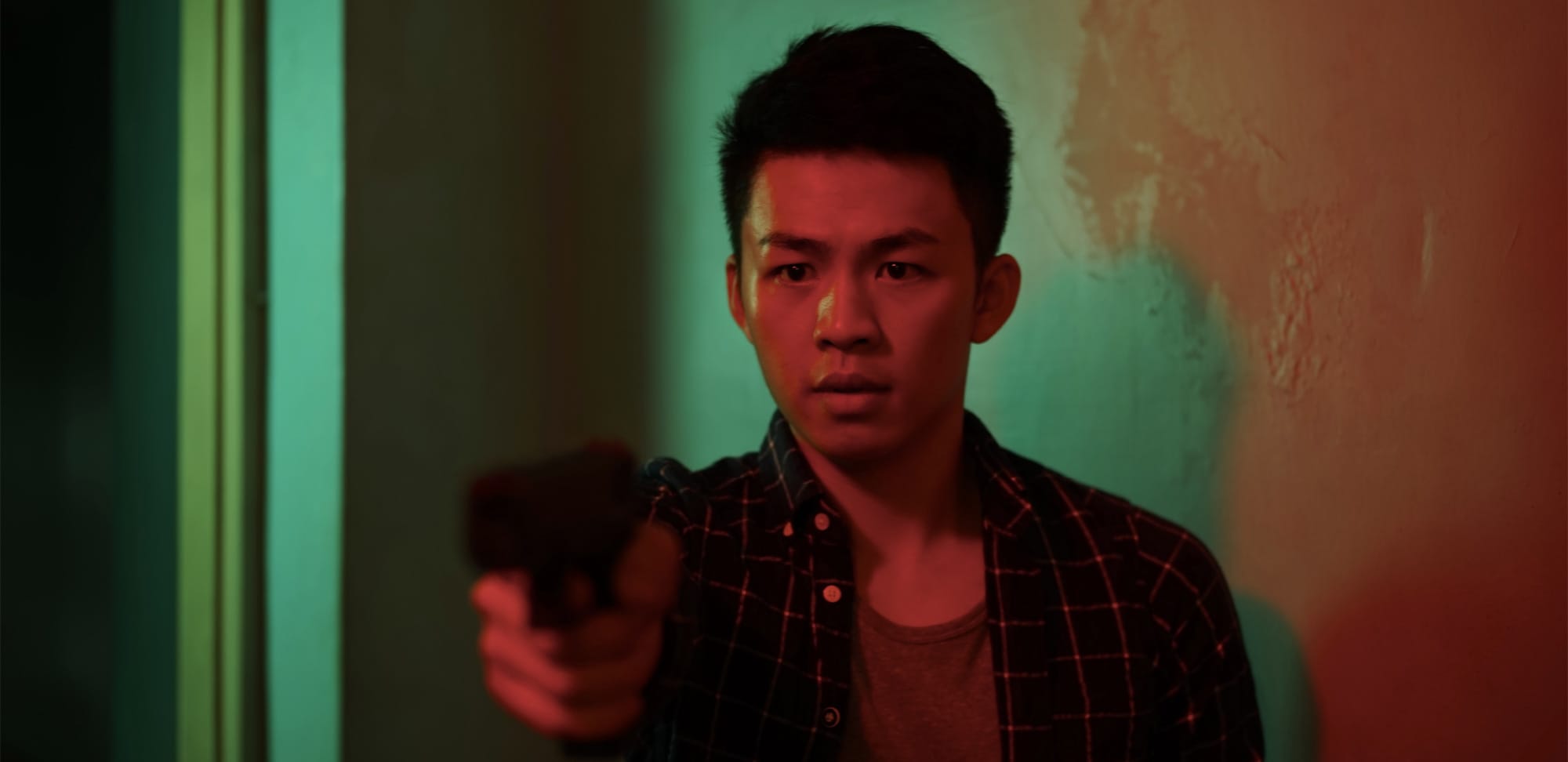
You must be logged in to post a comment.